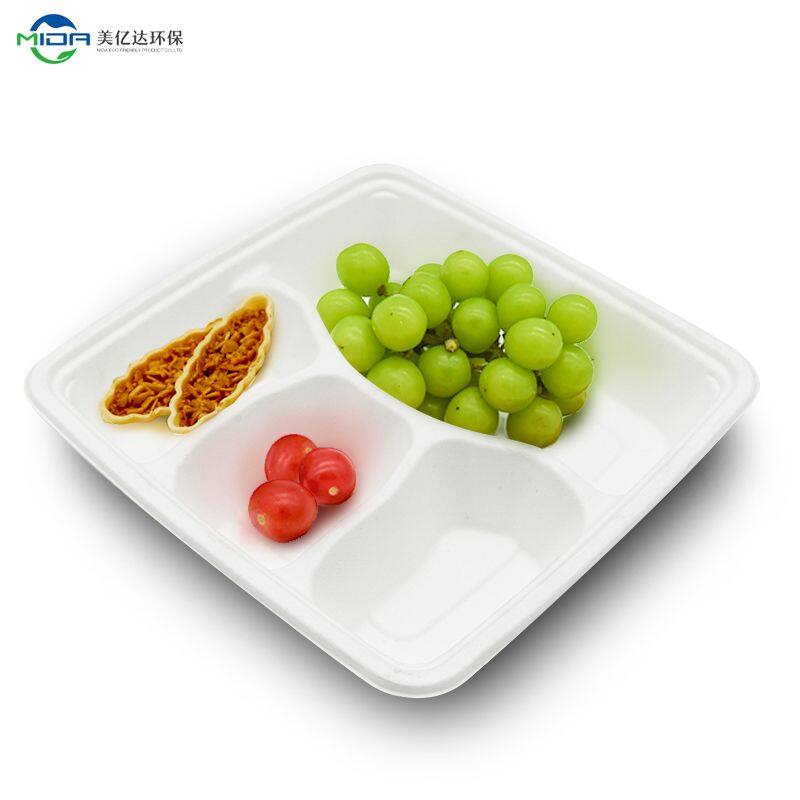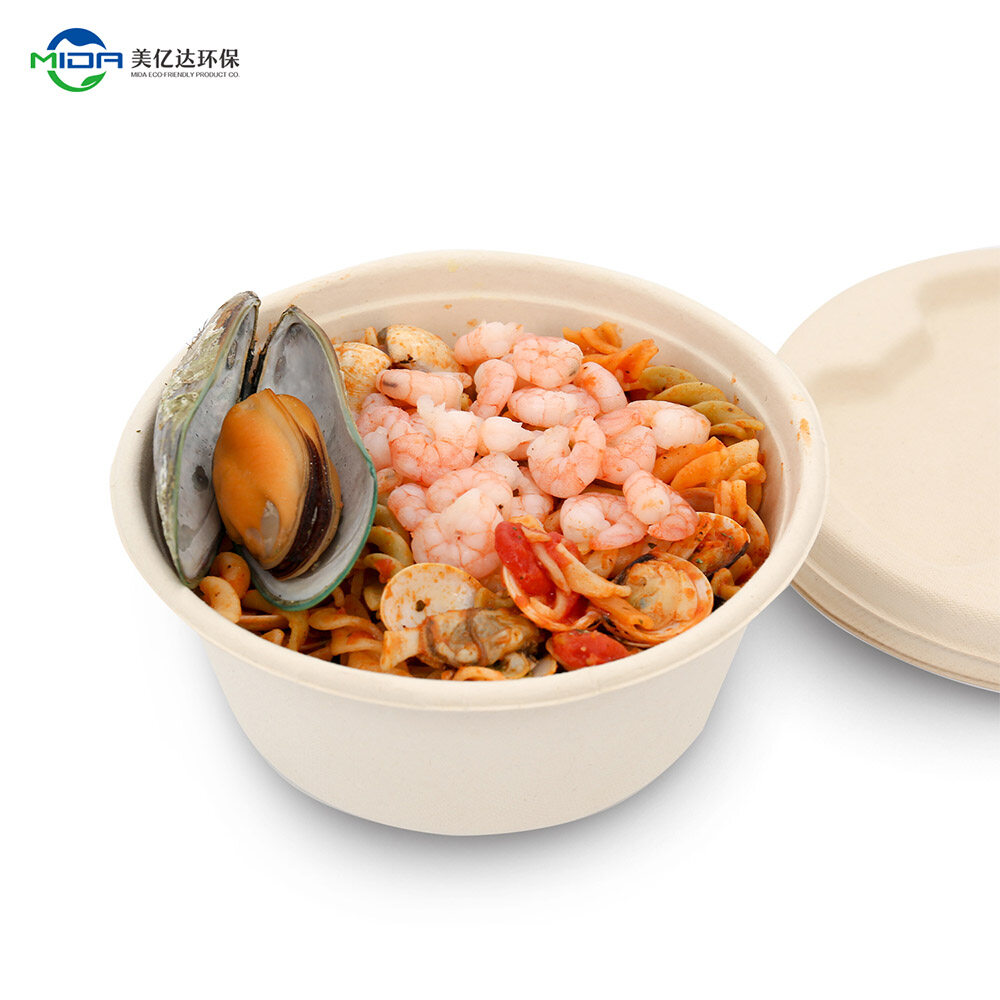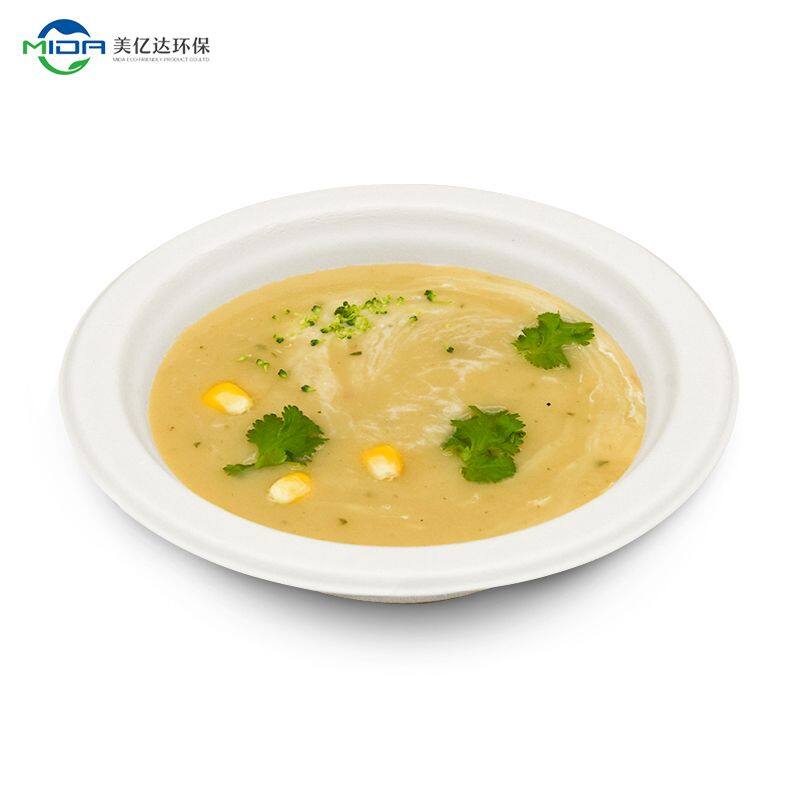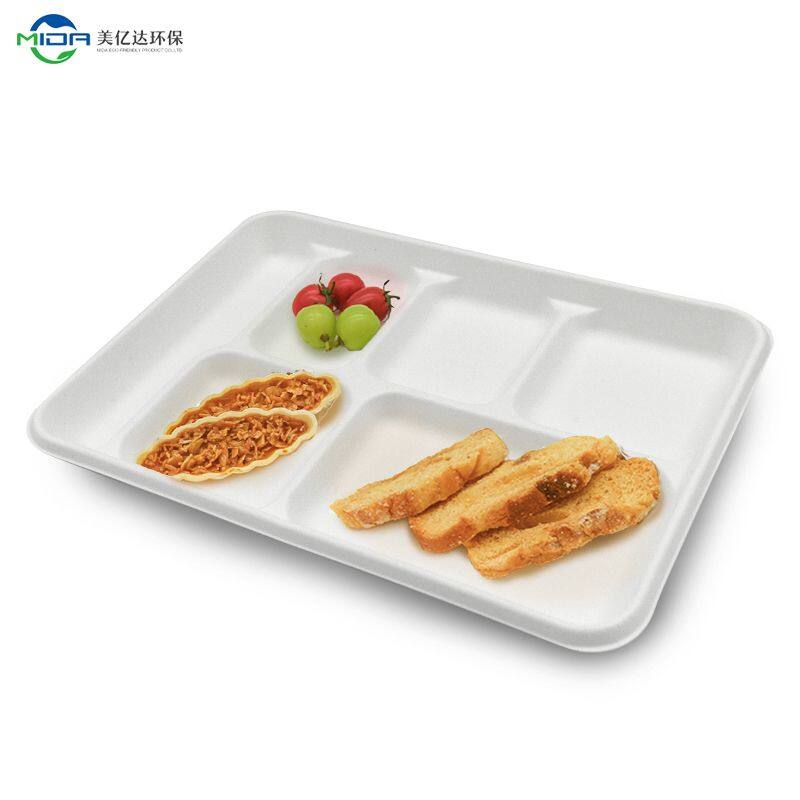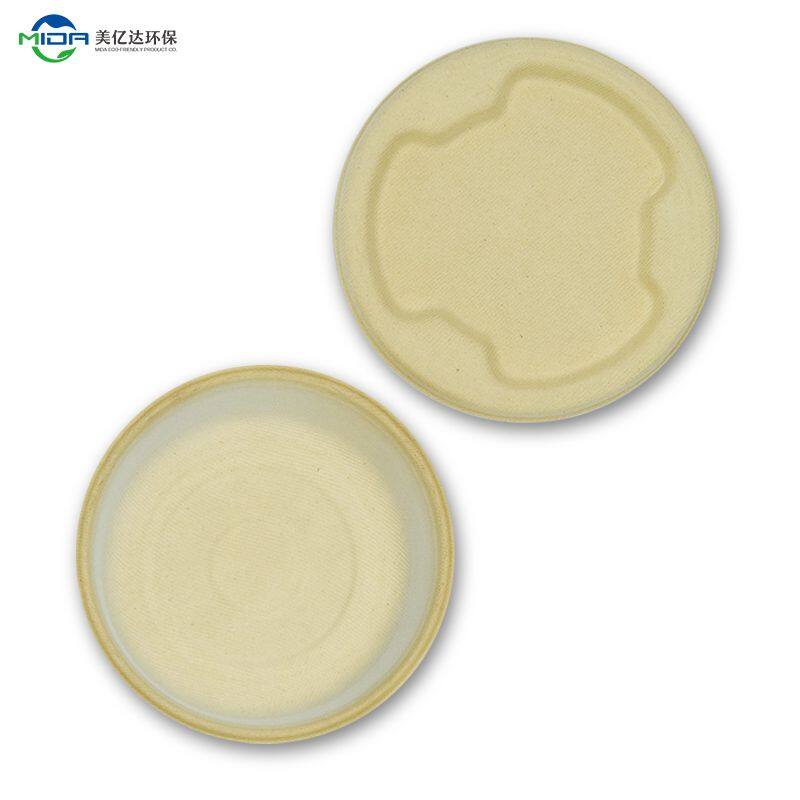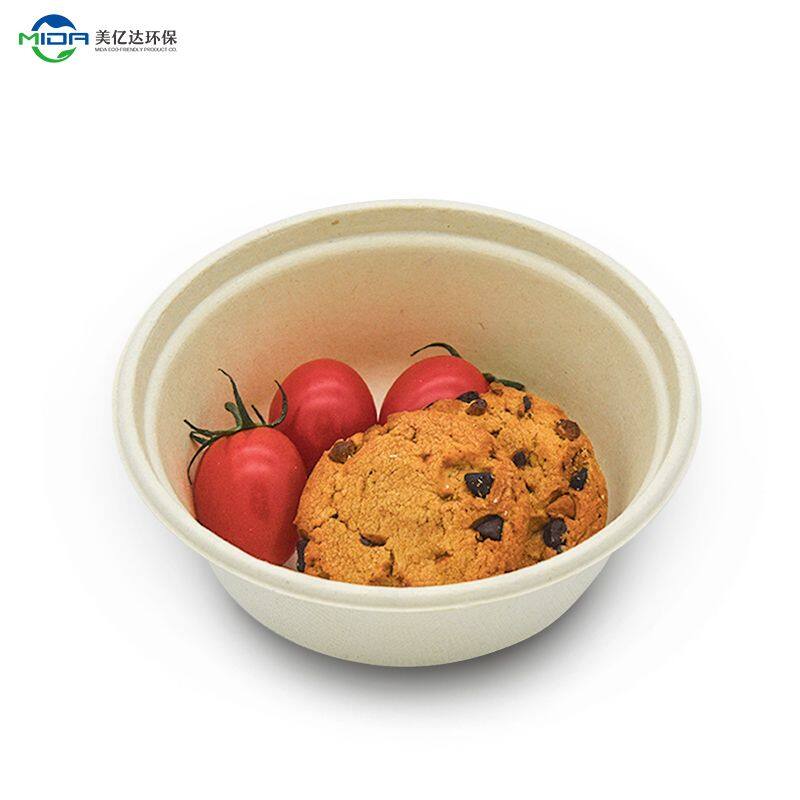In an era where environmental consciousness is at its zenith, sustainable practices have found their way into all aspects of our lives, including event planning and management.
One of the key innovations in this realm is the use of compostable food trays, which offer a greener alternative to traditional plastic and Styrofoam options. These trays are not just about holding food - they encapsulate a broader commitment to reducing our ecological footprint while delivering an exceptional event experience.
The Science Behind Compostable Materials
Understanding Biodegradability and Compostability
Compostable food trays are designed with a keen focus on biodegradability and compostability. They undergo a carefully controlled degradation process facilitated by microorganisms, which transforms the material into compost suitable for agricultural use.
Biodegradability refers to the ability of a material to break down into its constituent components over time naturally. Compostability, on the other hand, takes the process a step further, ensuring that the material can degrade into nutrient-rich compost that can enrich the soil.
Material Composition of Compostable Food Trays
Compostable food trays are typically composed of renewable and organic materials such as plant-based fibers, starches, and sugarcane pulp. These materials are chosen for their ability to mimic the durability and functionality of traditional tableware while being inherently compostable. Manufacturers often integrate cutting-edge techniques to enhance the structural integrity of these trays, ensuring they can hold a variety of foods without compromising their compostability.
Biodegradable compostable food trays
Benefits of Compostable Food Trays for Events
Environmental Advantages
Reduction of Plastic Waste: By embracing compostable food trays, event organizers contribute to the reduction of plastic waste, a global menace that clogs landfills and pollutes ecosystems. These trays break down naturally, reducing the strain on waste management systems and helping to combat plastic pollution.
Carbon Footprint Reduction: Compostable food trays have a significantly lower carbon footprint compared to their plastic counterparts. The production process generates fewer greenhouse gas emissions, and the composting of these trays enriches the soil with essential nutrients, promoting healthier plant growth and sequestering carbon.
Enhanced Event Experience
Aesthetics and Presentation: Contrary to misconceptions, compostable food trays offer an array of designs and finishes that rival traditional options. From rustic and natural textures to modern and sleek aesthetics, these trays complement the visual theme of any event, enhancing the overall presentation.
Eco-Friendly Branding: Incorporating compostable food trays into events also enables businesses to align with eco-friendly branding strategies. Consumers increasingly appreciate and support companies that prioritize sustainability, making this a strategic move to build a positive brand image.
Overcoming Challenges and Misconceptions
Durability and Functionality
Advances in Material Technology: Thanks to advances in material science, compostable food trays are now engineered to possess the strength and durability required for various types of cuisine. From salads to hearty meals, these trays can confidently accommodate a wide range of foods.
Proper Handling and Usage: Educating event staff and attendees about the proper handling of compostable food trays is crucial. While they may not withstand extremely high temperatures or prolonged exposure to liquids, simple adjustments in how trays are used and disposed of can ensure their functionality throughout the event.
Cost Considerations
Long-Term Savings: While the initial cost of compostable food trays might be slightly higher than their plastic counterparts, the long-term benefits far outweigh this expense. Reduced waste disposal costs and a positive brand image contribute to substantial savings and enhanced profitability.
Changing Consumer Expectations: As consumers grow more environmentally conscious, their expectations evolve. Event planners must recognize this shift and consider compostable food trays not as a cost burden but as an investment in meeting the demands of a conscious clientele.
Conclusion
Compostable food trays represent a remarkable fusion of sustainability and functionality, transforming events into eco-friendly experiences. By considering the factors mentioned above, event organizers can embrace these trays as a powerful tool in shaping a greener future.
If you are looking for top-quality compostable food trays and more environmentally friendly tableware, MIDA is your best partner! Check out our biodegradable tableware products, and ask for a favorable quote at angolcao@fsmida.com today!


